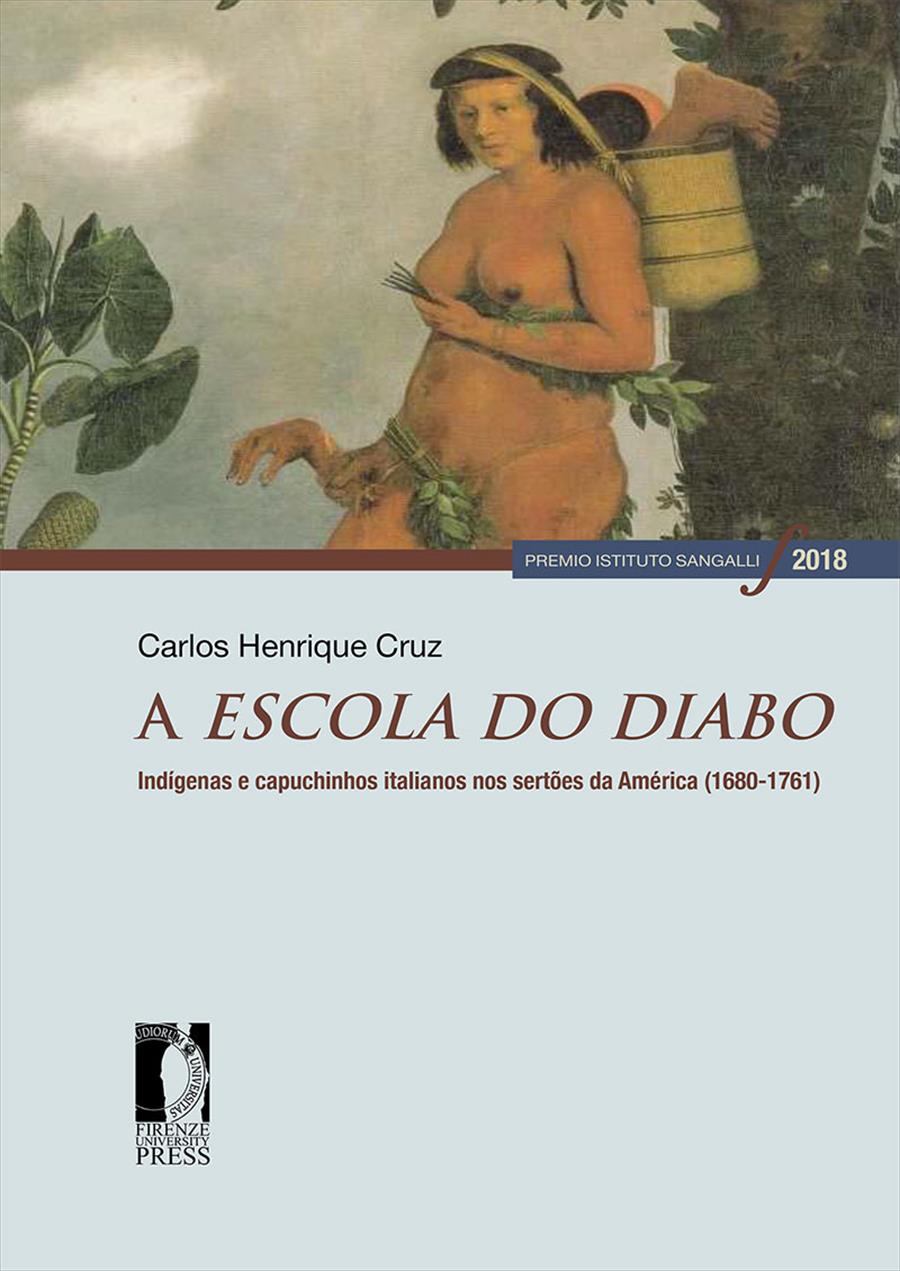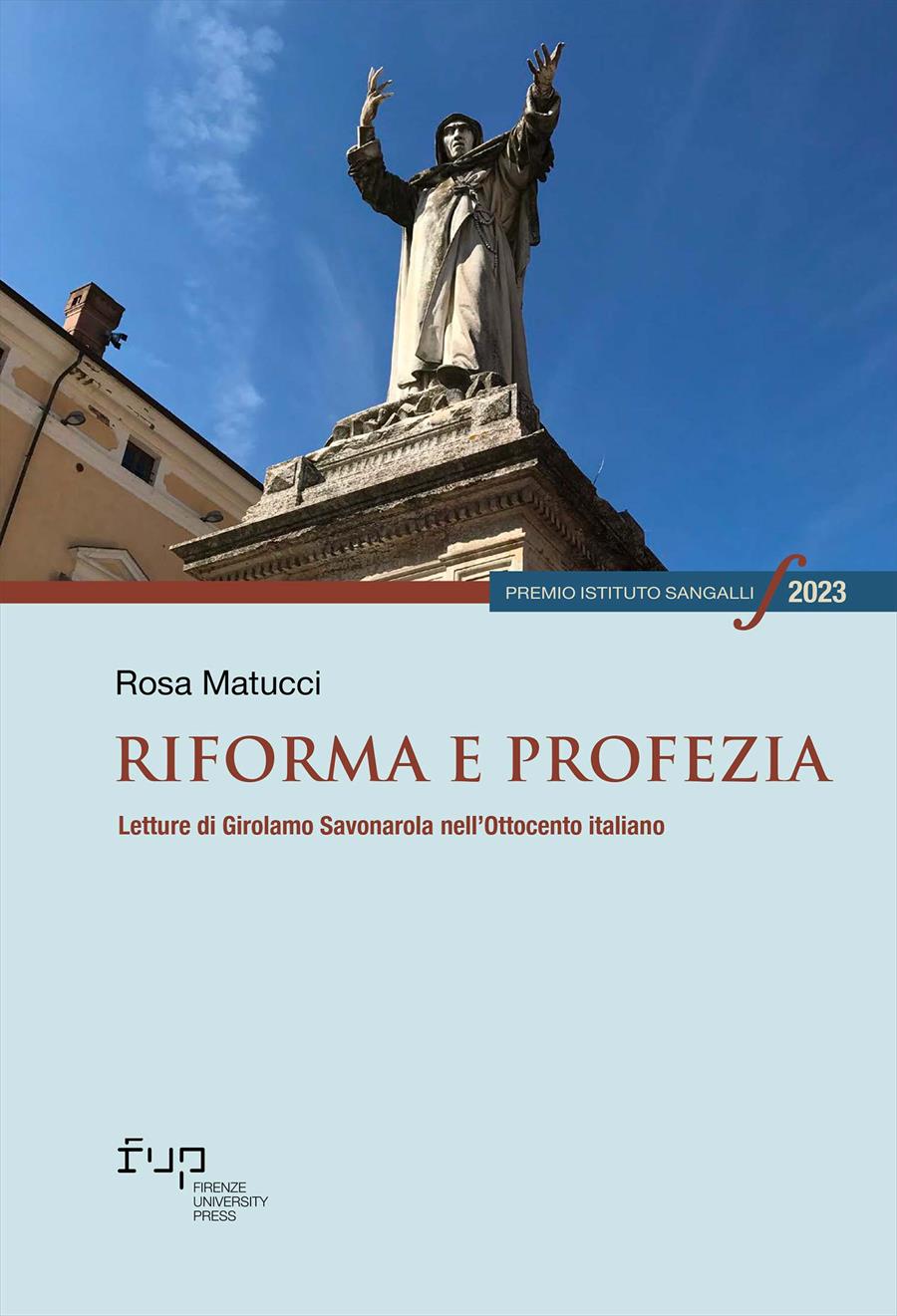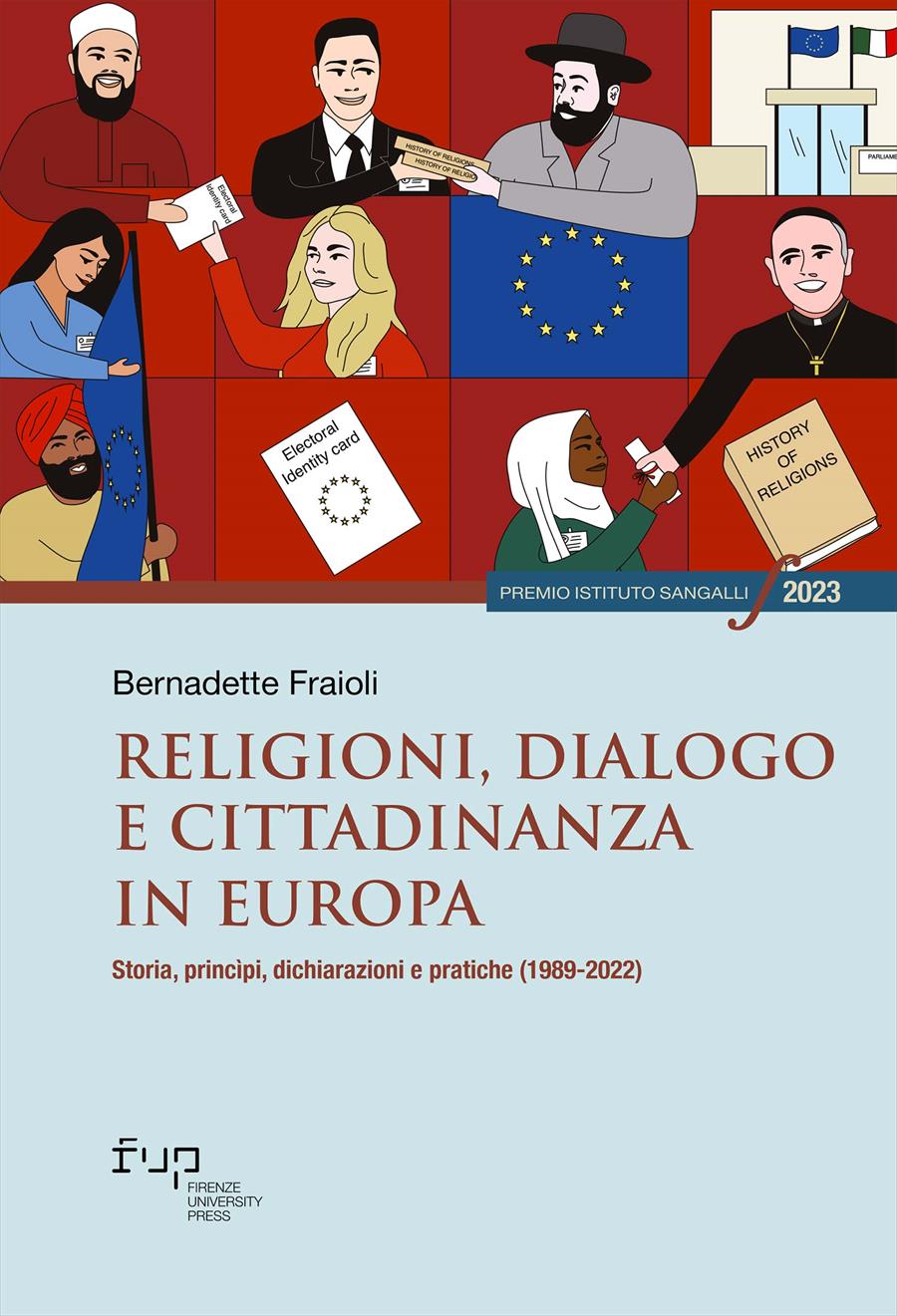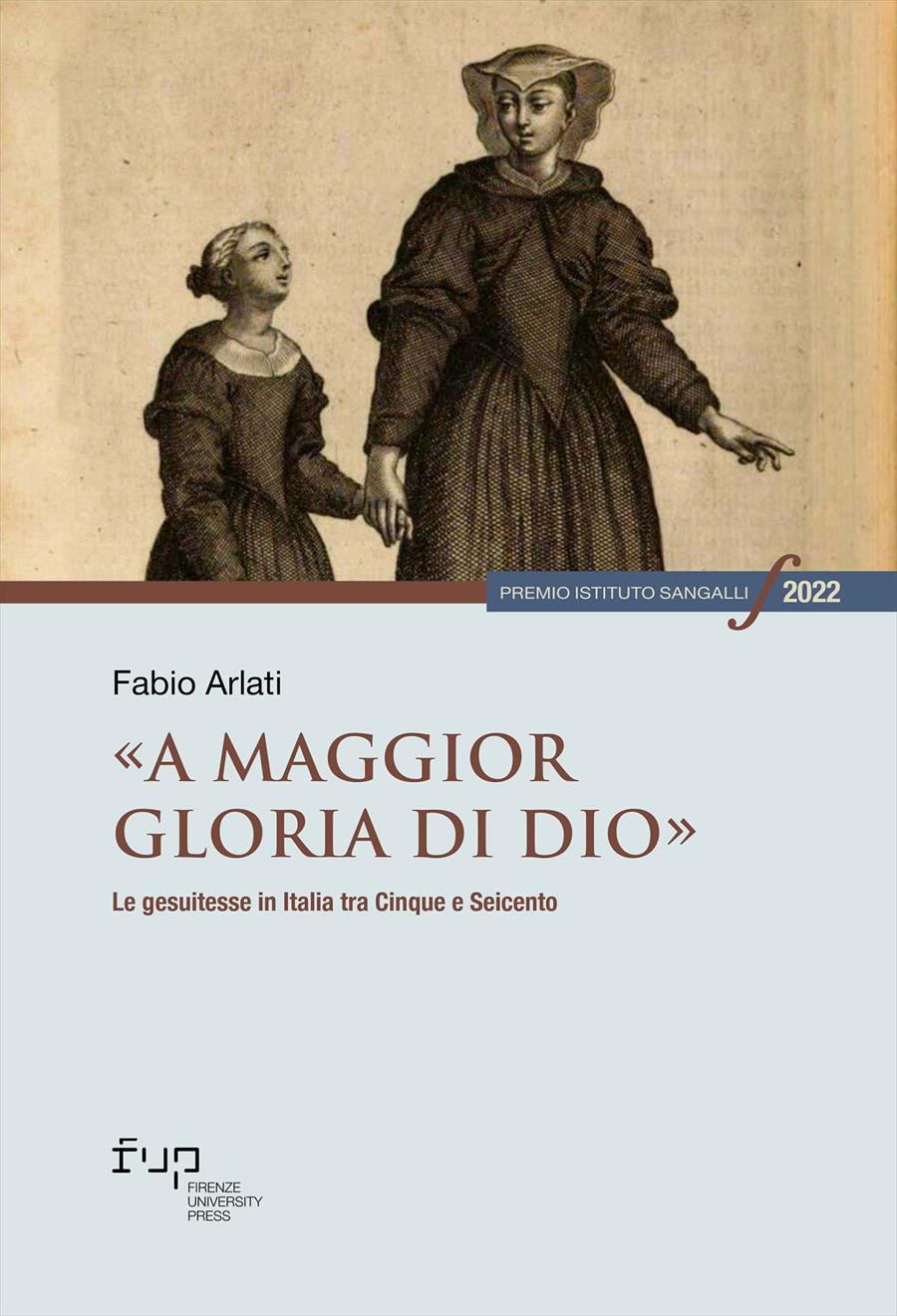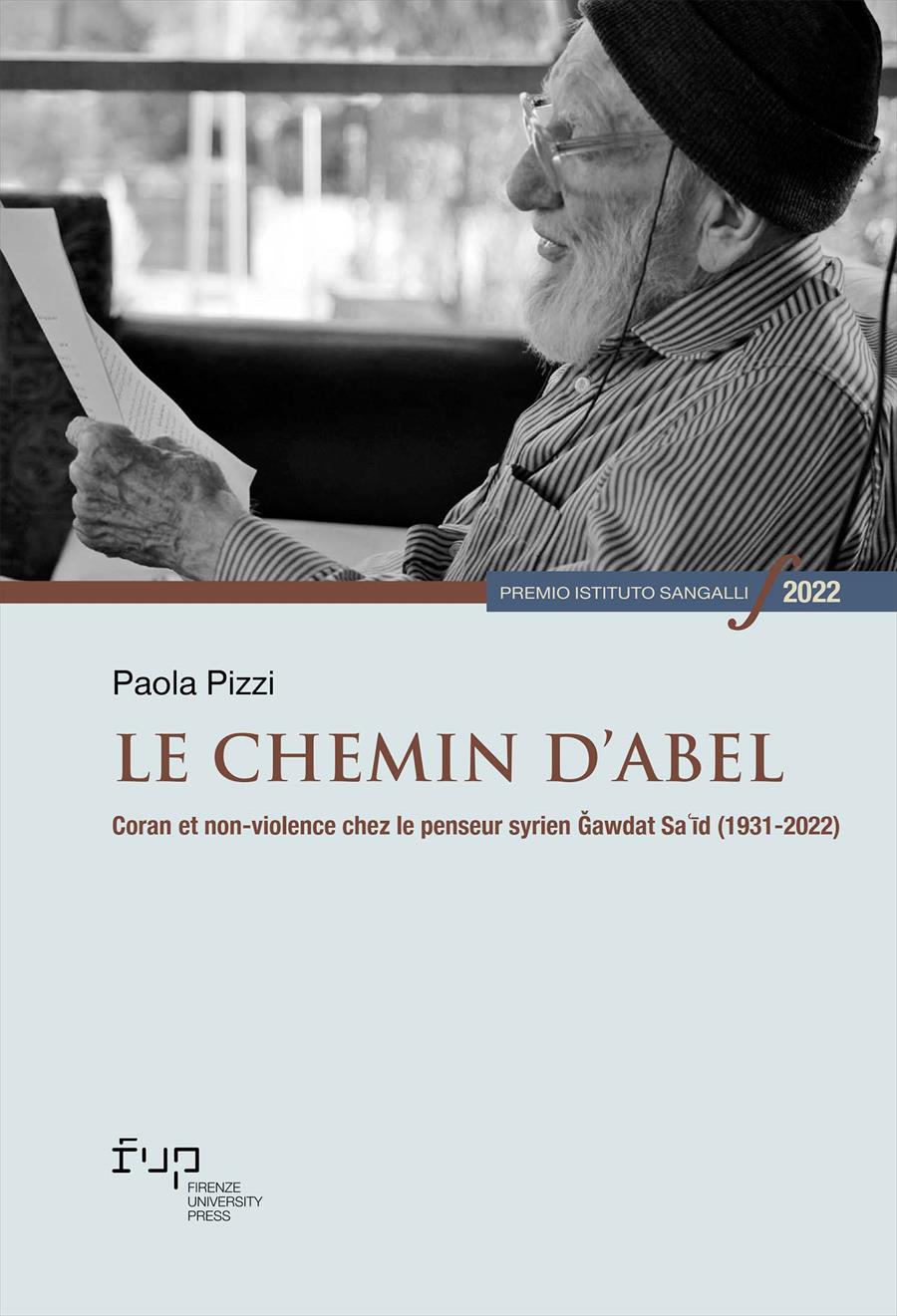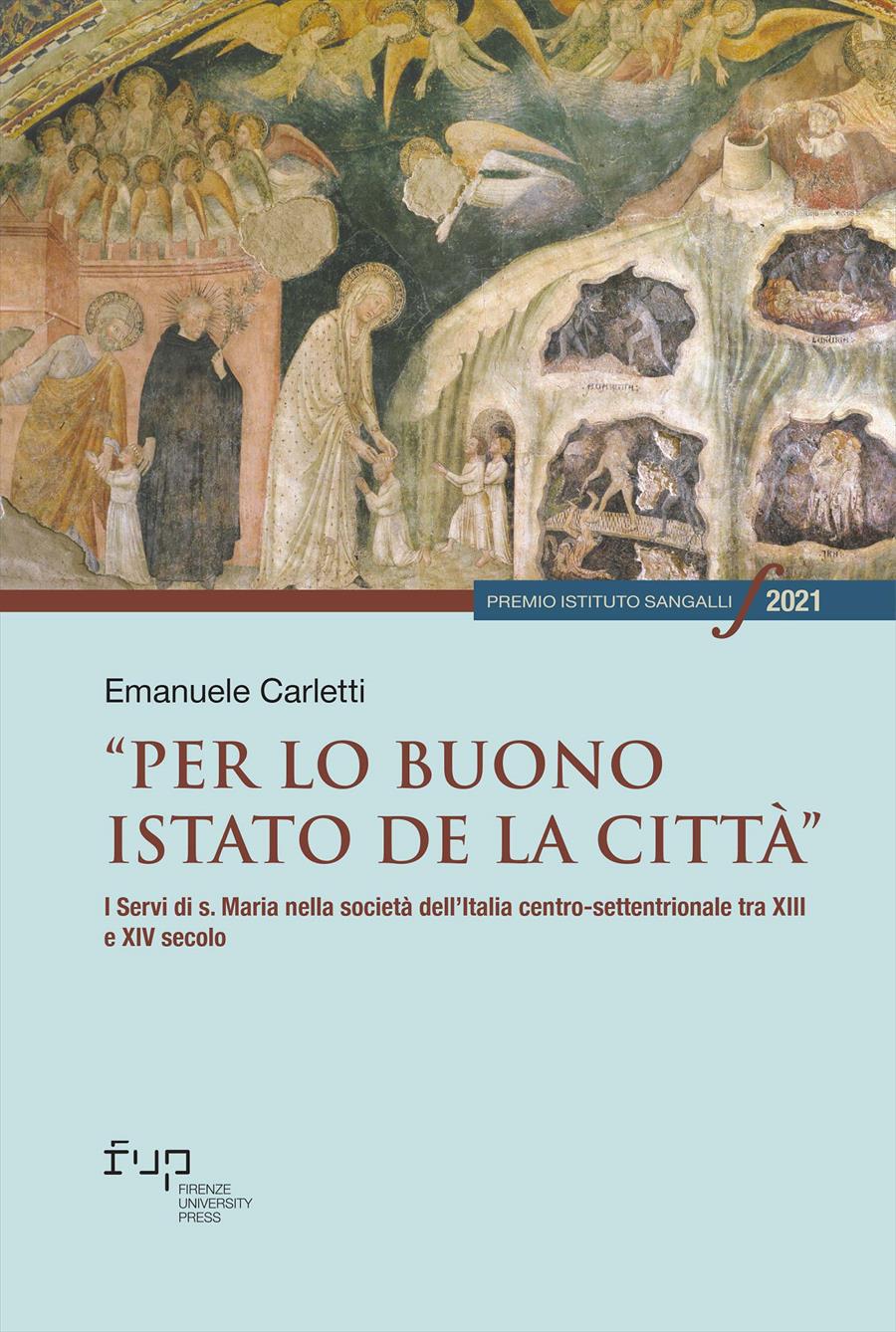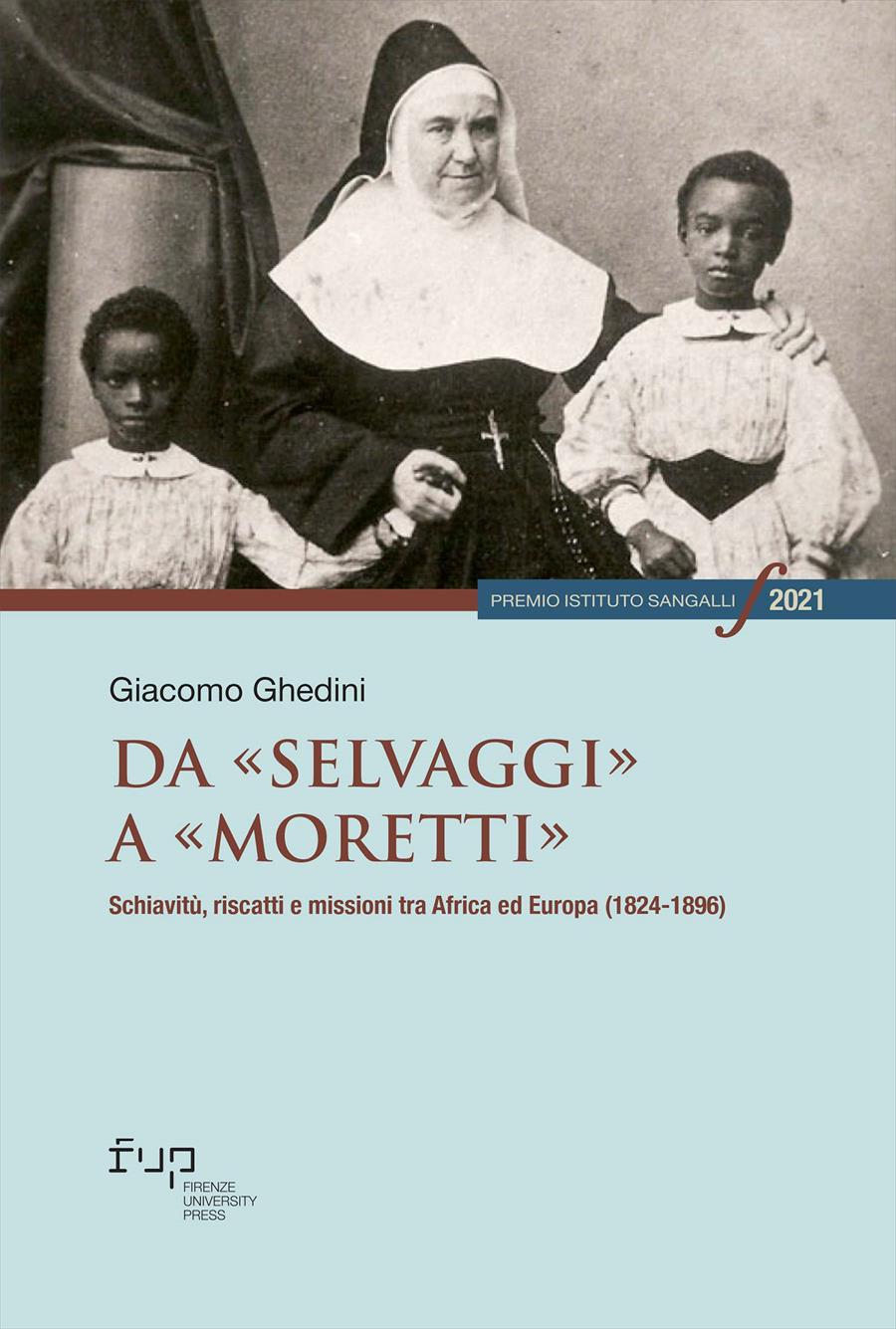A escola do diabo
Indígenas e capuchinhos italianos nos sertões da América (1680-1761)
- Carlos Henrique Cruz,
The book discusses the work of Italian Capuchins in the face of American otherness, especially in the catechism of Indians and mestizos accused of being devil’s wizards. The friars faced a crisis in missionary optimism in the face of an alleged indigenous resistance to Christianity or to European social rules. The Portuguese colonial sources reveal evangelization as a field of dispute between the friars, the natives and the colonists, motivating daily conflicts, also encouraging changes in the social and symbolic traditions inside or near the missions. The indigenous people were not passive subjects in the process, contradicting the missionaries for the determination with which, supposedly, they practiced their “gentile” customs and rites. The documentation gathered adds important information to the study of indigenous peoples in contact with Capuchins in the inner territories of Portuguese America.
- DOI: 10.36253/978-88-5518-021-4
- Series: Premio Istituto Sangalli per la storia religiosa
- Scientific Board
- Language: Portuguese
- Subjects: History of Religions
Universidade Federal Fluminense di Niteroi (Rio deJaneiro, Brasil) - ORCID: 0000-0003-4869-3574
- Publication Year: 2019
- Pages: 266
- eISBN: 978-88-5518-021-4
- Content License: CC BY 4.0
- © 2019 Author(s)
- Publication Year: 2019
- Pages: 266
- ISBN: 978-88-5518-020-7
- Content License: CC BY 4.0
- © 2019 Author(s)
Bibliographic Information
Book Title
A escola do diabo
Book Subtitle
Indígenas e capuchinhos italianos nos sertões da América (1680-1761)
Authors
Carlos Henrique Cruz
Peer Reviewed
Number of Pages
266
Publication Year
2019
Copyright Information
© 2019 Author(s)
Content License
Metadata License
Publisher Name
Firenze University Press
DOI
10.36253/978-88-5518-021-4
ISBN Print
978-88-5518-020-7
eISBN (pdf)
978-88-5518-021-4
eISBN (xml)
978-88-5518-679-7
Series Title
Premio Istituto Sangalli per la storia religiosa
Series ISSN
2704-5749
Series E-ISSN
2612-8071
